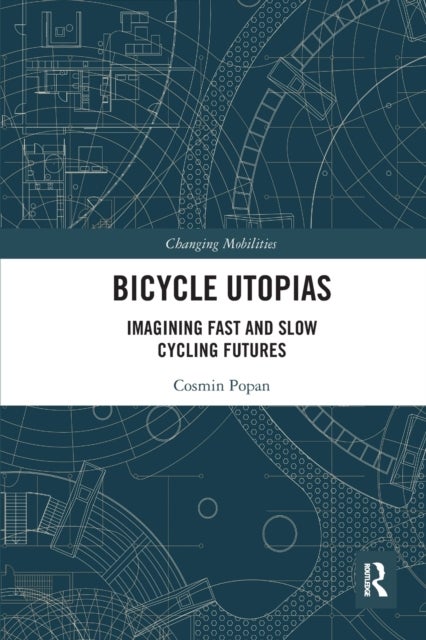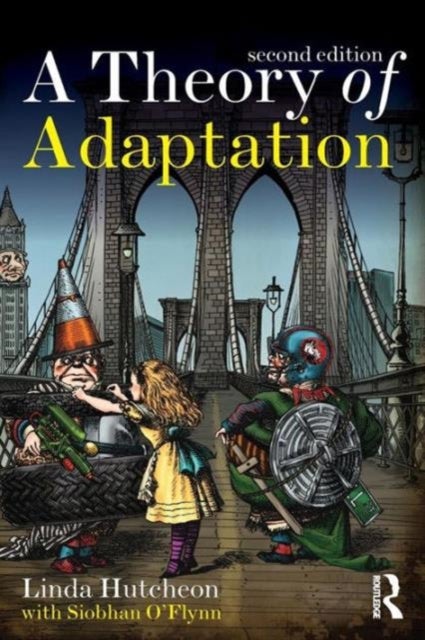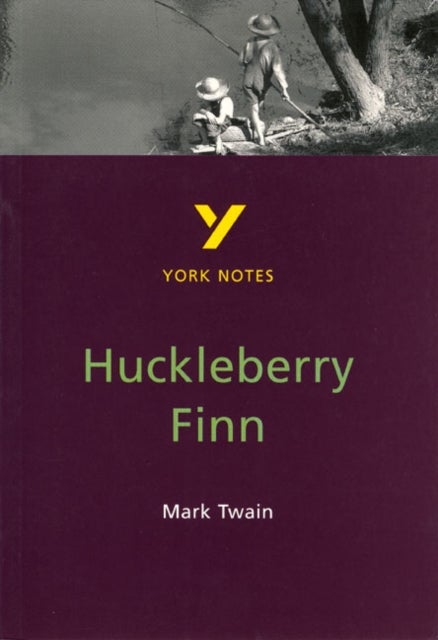
Bicycle Utopias av Cosmin Popan
559,-
<EM>Bicycle Utopias</EM> investigates the future of urban mobilities and post-car societies, arguing that the bicycle can become the nexus around which most human movement will revolve. Drawing on literature on post-car futures (Urry 2007; Dennis and Urry 2009), transition theory (Geels et al. 2012) and utopian studies (Levitas 2010, 2013), this book imagines a slow bicycle system as a necessary means to achieving more sustainable mobility futures. <br/><br/><P>The imagination of a slow bicycle system is done in three ways:</P><br/><br/><UL><br/><br/><P><br/><br/><LI>Scenario building to anticipate how cycling mobilities will look in the year 2050.</LI><br/><br/><P></P><br/><br/><P><br/><br/><LI>A critique of the system of automobility and of fast cycling futures.</LI><br/><br/><P></P><br/><br/><P><br/><br/><LI>An investigation of the cycling senses and sociabilities to describe the type of societies that such a slow bicycle system will enable. </LI></UL><I><br/><br/><P>Bicycle Utopias








